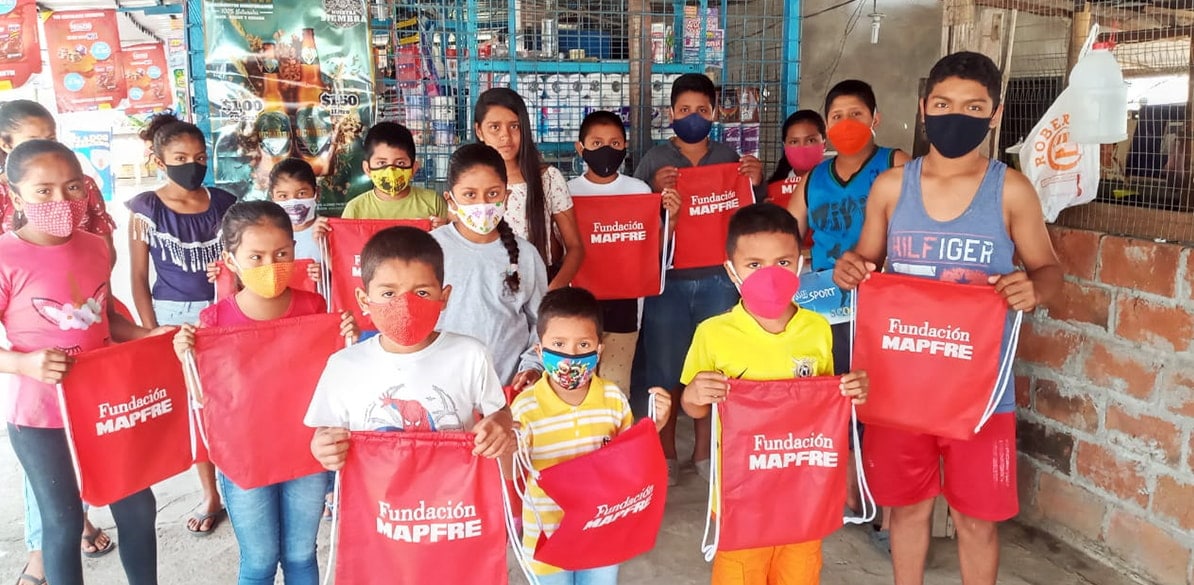Manabí improves learning and educational support for girls and boys in Ecuador
Boosting the school performance of boys and girls aged 4 to 12 and improving their social and health environment

Completed Project
The Manabí province is the third most populated in Ecuador. It is currently going through a deep economic and social crisis, with 69.5% of the rural population living in extreme poverty. Given the social and economic structure in the region, and in the country in general, women are the most affected.
Although educational care has improved in recent years, health care is still scarce and has a great influence on the population’s quality of life: the population as to invest a great amount of resources to cure illnesses which, under different life conditions, are avoidable.
The initiative Asociación Manabí focuses on two main aspects of the lives of the region’s children: improving their education and socio-health environment.
Educational support is carried out through the work of 30 teachers belonging to the Santa Marta Women’s Organization, who have organizational and community work experience and collaborate with the Asociación Manabí. Work is done to improve writing, reading, and other skills necessary to develop children’s intellectual abilities.
The causes and socio-health conditions affecting the health of the school population are also addressed in a comprehensive and transversal manner. During this pandemic it is especially important to prepare children to be able to cope with situations as challenging as the situations caused by COVID-19.
Fundación MAPFRE backs and supports this work, which also places special emphasis on adapting prevention and protection measures through teacher training, in action protocols for the provision of first aid to children (CPR). Hence, classrooms can become a very important surveillance and epidemiological awareness system capable of influencing their closest environment.
